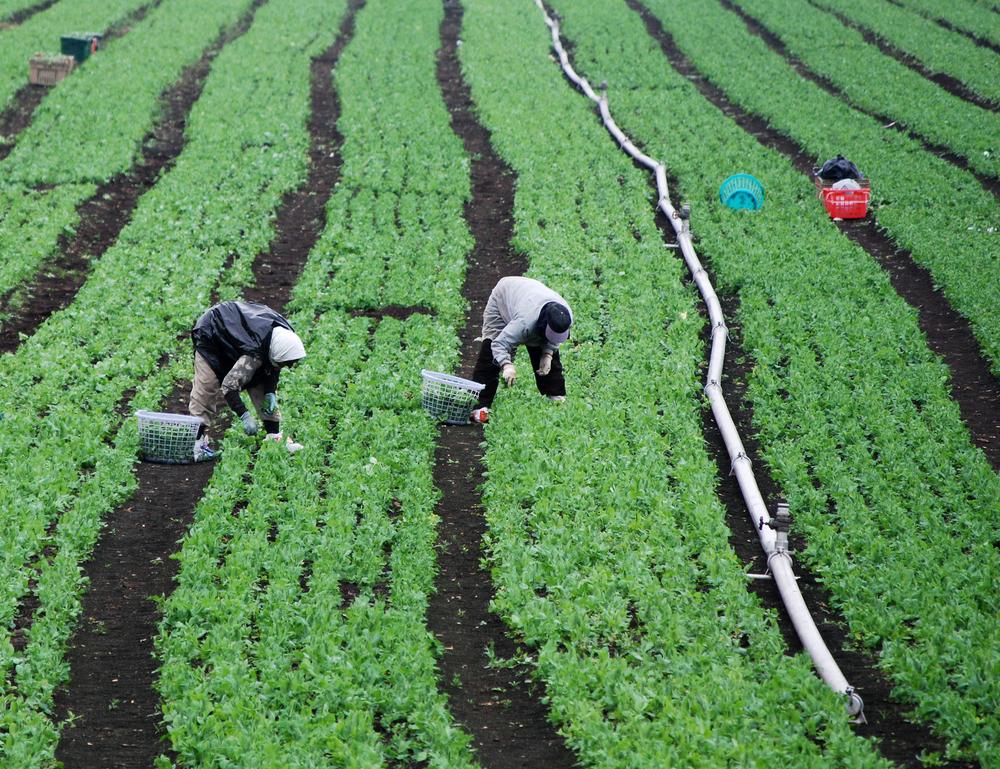2.Meat processing occupations:
- Industrial butchers
- Meat cutters
- Poultry preparers
- Slaughterhouse laborers
- Food processing laborers
3.Horticulture-related occupations:
- Horticulture and nursery supervisors
- Landscape and horticulture technicians and specialists
- Landscape architects

4.Aquaculture-related occupations:
- Aquaculture technicians and specialists
- Supervisors, aquaculture
5.Other occupations:
- Industrial food and beverage processors
- Labourers in food, beverage, and associated products processing
It is important to note that the job offer must be for a full-time, non-seasonal position in Canada and must meet the prevailing wage rate for the occupation and region. Additionally, applicants must meet the language and education requirements and have the necessary work experience for the occupation.
Candidate Eligibility
To be accepted into the program, applicants must meet a few other criteria. These include:
- Having twelve months of full-time, non-seasonal Canadian employment history in one of the listed occupations through the
- Temporary Foreign Worker Program,
- Attaining a Canadian Language Benchmark level 4 in either French or English,
- Possessing an educational level equivalent to that of completing high school abroad or higher.
- Having an indefinite job offer in Canada (outside of Quebec) that is full-time and not seasonal, and pays greater than or equal to the prevailing wage.
Meat Processing Sector
Companies working in the meat processing industry will receive a two-year Labour Market Impact Assessment should they choose to participate in this pilot program. Such an assessment must contain specifics on how to assist the temporary foreign worker with obtaining permanent residency status in Canada. Unionized meat processors must secure a letter of endorsement from their labor union. For non-unionized parties, additional criteria must be satisfied to ensure that workers and migrants are safeguarded.






